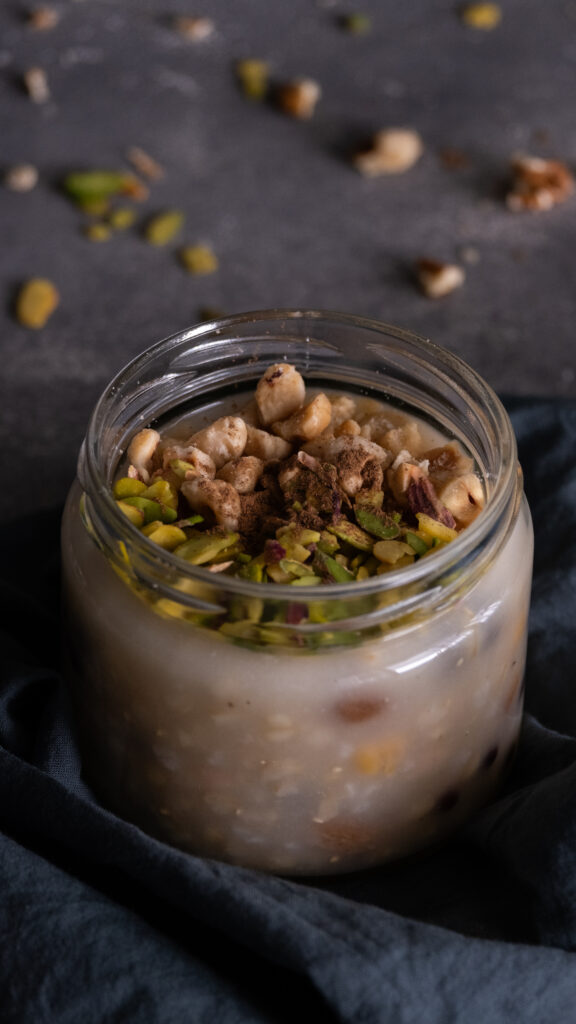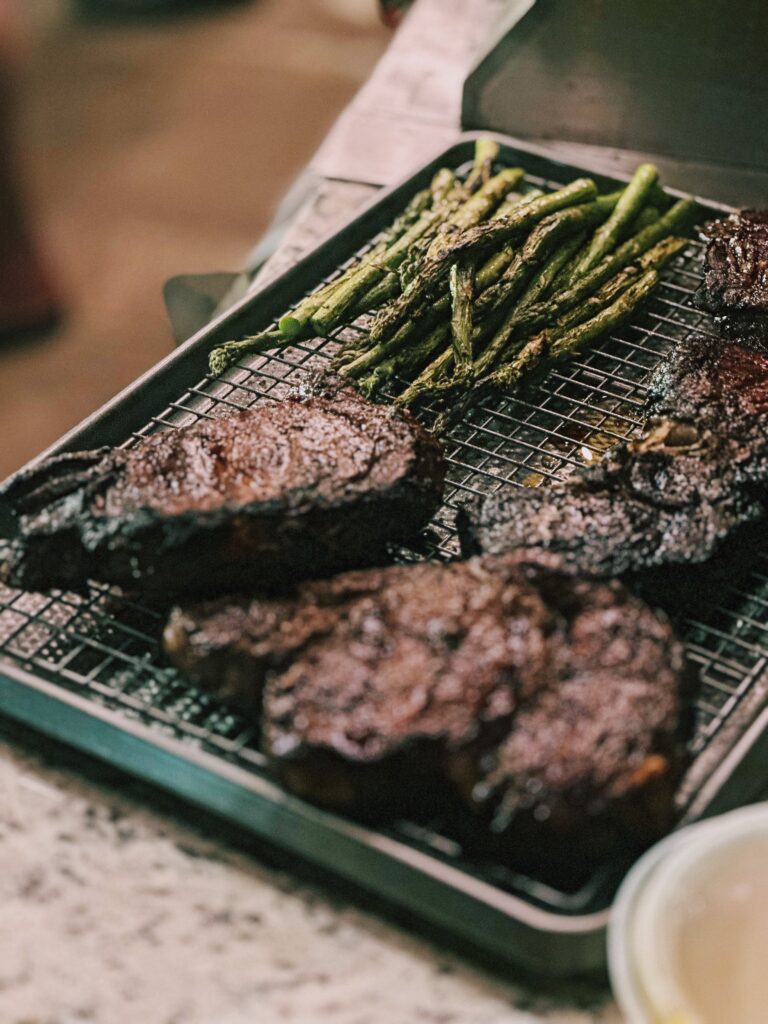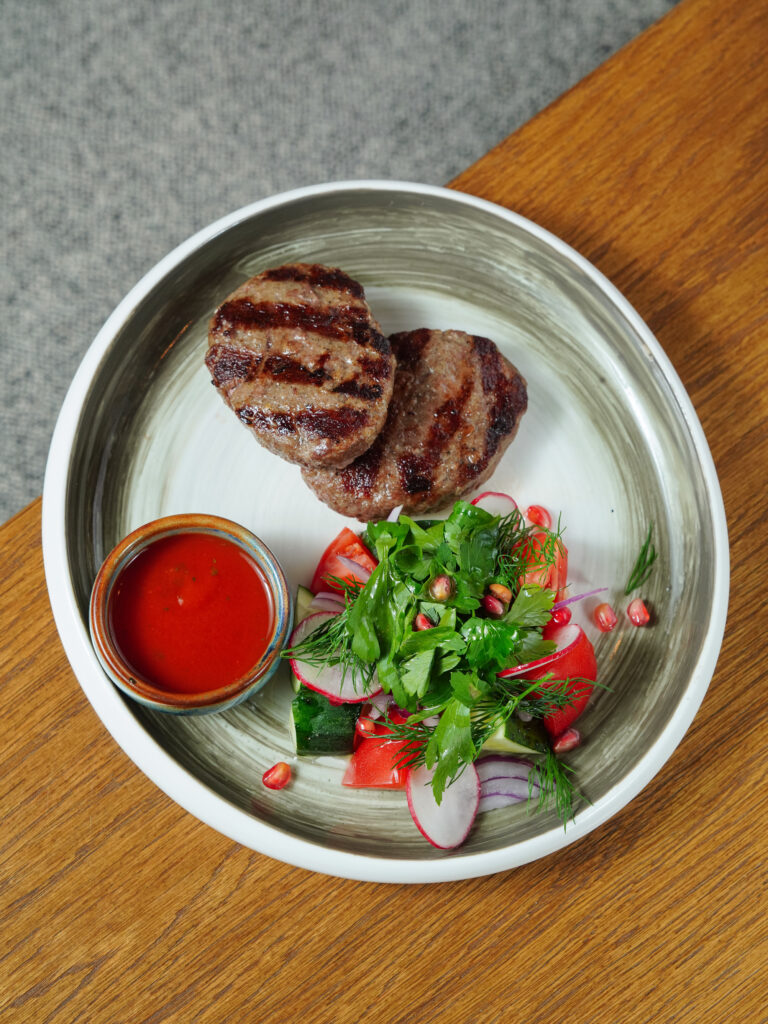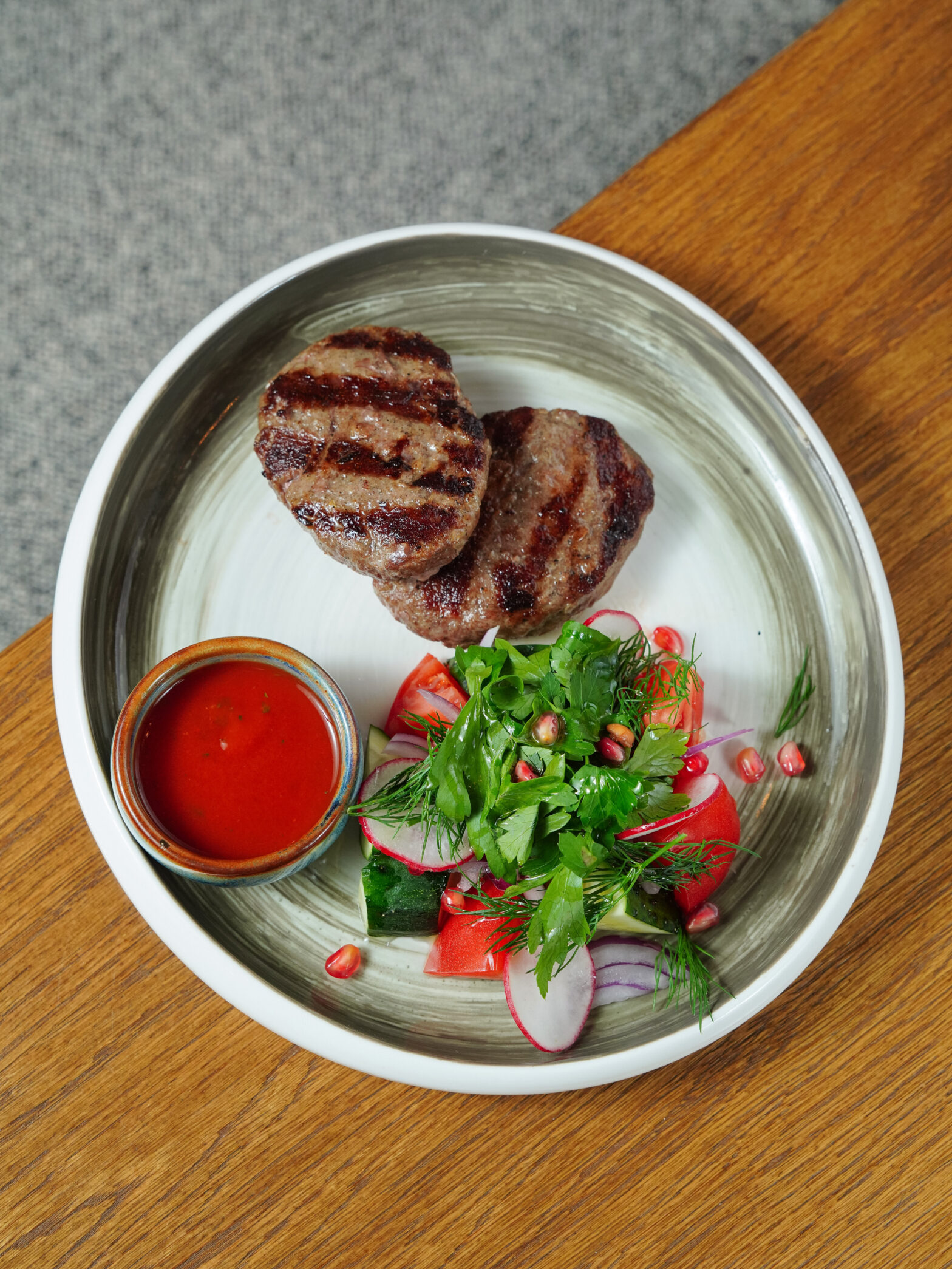When it comes to seasoning food, there are a few common mistakes that individuals should avoid in order to achieve the desired flavors and aromas. First and foremost, not using enough salt can leave a dish lacking in taste. Additionally, forgetting to taste the food as it cooks can lead to seasoning imbalances. Using pre-ground black pepper may result in a less vibrant flavor profile, while adding dried herbs too late can lead to a lack of depth. It is crucial to ensure that ground spices are fresh and aromatic, as stale ones can greatly diminish the taste. Furthermore, neglecting to add a splash of lemon juice can cause a dish to lack brightness. Lastly, individuals should be mindful of unintentionally adding MSG and its potential effects on flavor. By seasoning boldly with salt, tasting as they go, grinding their own black pepper and spices, adding dried herbs early in the cooking process, and being conscious of adding lemon juice and MSG, individuals can avoid common seasoning mistakes and elevate the flavors of their culinary creations.

Mistake 1: Not Using Enough Salt
Understanding the importance of salt in seasoning
Salt is a fundamental ingredient in the culinary world, and its importance in seasoning cannot be overstated. It not only enhances the flavor of your food but also helps to balance other flavors and brings out the natural tastes of the ingredients. Salt plays a crucial role in the chemical reaction that occurs during cooking, as it aids in flavor development and ensures that your dish is well-rounded and delicious.
The impact of too little salt on the flavor of your food
When you don’t use enough salt in your cooking, the flavors of your dish can fall flat. Salt acts as a flavor enhancer, intensifying the taste of other ingredients. Without sufficient salt, your food may taste bland and lack depth. This can be particularly noticeable in dishes that contain a variety of ingredients, as the flavors may not blend harmoniously without the proper amount of salt.
How to properly season with salt
To avoid the mistake of not using enough salt, it’s important to season your food properly. The key is to season at different stages of the cooking process, allowing the salt to penetrate and enhance the flavors. Start by seasoning proteins such as meat and fish before cooking, as this will help to bring out their natural flavors. During the actual cooking process, taste your food as you go and adjust the seasoning accordingly. Lastly, remember to taste your dish again before serving and add a final touch of salt if needed. By following these steps, you can ensure that your food is seasoned perfectly, resulting in a more enjoyable dining experience.
Mistake 2: Forgetting to Taste as You Go
Why tasting as you cook is crucial
Tasting as you cook is an essential practice in the culinary world. It allows you to monitor the flavors of your dish and make necessary adjustments along the way. By regularly tasting your food, you can identify any issues with seasoning, balance, or overall taste, and take corrective action before the dish is finalized. This simple but crucial step can make a significant difference in the final outcome of your cooking.
Avoiding over or under seasoning through frequent tasting
One of the main reasons why tasting as you go is so important is that it helps you avoid the pitfalls of over or under seasoning. Adding too much salt or other seasonings can overpower the other flavors in your dish and make it unpalatable. On the other hand, not using enough seasoning can result in a bland and lackluster dish. By tasting as you cook, you can find the perfect balance, allowing the flavors to develop in harmony and creating a well-rounded and delicious final product.
Developing your palate to better understand flavor balance
Regularly tasting your food can also help you develop your palate and better understand flavor balance. With practice, you will become more adept at identifying the subtle nuances of different ingredients and the impact they have on the overall taste of the dish. This heightened sensitivity to flavors will allow you to make more informed decisions when it comes to seasoning and create more complex and memorable dishes.

Mistake 3: Using Pre-Ground Black Pepper
The drawbacks of pre-ground black pepper
Using pre-ground black pepper may seem convenient, but it comes with several drawbacks that can compromise the flavor of your food. When black pepper is ground, it starts to lose its potency and aromatic oils, resulting in a less flavorful and vibrant spice. Pre-ground pepper also tends to have a coarse texture, leading to uneven distribution and potentially overpowering certain bites of your dish while leaving others devoid of flavor.
Benefits of freshly ground black pepper
On the other hand, freshly ground black pepper offers a world of flavor and aroma that pre-ground pepper simply cannot match. When you grind pepper just before using it, you release the essential oils, creating a more intense and complex flavor profile. The finer texture of freshly ground pepper also ensures even distribution throughout your dish, resulting in a harmonious flavor experience.
Investing in a pepper grinder for better flavor
Investing in a quality pepper grinder is a worthwhile endeavor for any serious home cook. A grinder allows you to have control over the coarseness of the grind, giving you the flexibility to adapt to different recipes and personal preferences. By grinding your pepper fresh, you can enjoy the full flavor potential of this versatile spice and elevate the taste of your dishes to new heights.
Mistake 4: Adding Dried Herbs Too Late
Understanding the flavor profiles of dried herbs
Dried herbs are a pantry staple for many cooks and can bring a burst of flavor to a wide variety of dishes. However, to fully unlock their potential, it’s important to understand the flavor profiles of different dried herbs. Each herb has its own unique taste and aroma, and the timing of when they are added to a dish can significantly impact their flavor infusion.
When to add dried herbs for optimal flavor infusion
One common mistake that home cooks make is adding dried herbs too late in the cooking process. Dried herbs often require time to release their flavors and blend with the other ingredients. Adding them too close to the end of the cooking time may result in a less pronounced flavor or even leave the herbs tasting raw and overpowering. To achieve optimal flavor infusion, it’s best to add dried herbs early on in the cooking process, allowing them to simmer and infuse their flavors into the dish.
How to preserve the aroma and taste of dried herbs
To preserve the aroma and taste of dried herbs, it’s important to store them properly. Keep them in airtight containers away from heat, moisture, and direct sunlight. This will help to maintain their potency and ensure that they add maximum flavor to your dishes. Additionally, if you’re using dried herbs that have been sitting in your pantry for a long time, it’s a good idea to perform a “sniff test” before adding them to your recipes. If they have lost their aroma, it’s best to replace them with fresh ones to ensure the best flavor experience.

Mistake 5: Using Stale Ground Spices
The importance of freshness in ground spices
Ground spices are a pantry essential for adding depth and complexity to dishes. However, using stale ground spices can have a significant impact on the flavor of your food. Like any other ingredient, spices lose their potency over time, especially when exposed to air and light. Using stale spices can result in a dull and lackluster flavor, undermining the overall taste of your dish.
Signs of stale spices and their impact on flavor
There are a few telltale signs that your ground spices have gone stale. One indicator is a loss of aroma. If you can no longer smell the distinctive scent of the spice when you open the container, it’s likely that the flavor has diminished as well. Another sign is a change in color. Spices that have faded or turned dull may have lost much of their flavor. Using stale spices can not only make your food taste less vibrant but also affect the appearance and visual appeal of your dishes.
Tips for storing spices to maintain freshness
To ensure the freshness and flavor of your ground spices, proper storage is essential. Store your spices in airtight containers away from heat, moisture, and direct sunlight. Consider transferring them to opaque containers to protect them from light. It’s also a good practice to label your spices with purchase or expiration dates, as this will help you keep track of their freshness. Additionally, it’s a good idea to buy whole spices and grind them as needed to maintain the highest level of freshness and flavor.
Mistake 6: Forgetting to Add Lemon Juice
The role of lemon juice in enhancing flavor
Lemon juice is a versatile ingredient that can elevate the flavor of a wide range of dishes. Its bright and tangy taste adds a refreshing element to both savory and sweet recipes. The acidity in lemon juice has the ability to enhance other flavors, brighten up dishes, and create a well-balanced taste profile.
When and how to incorporate lemon juice
Incorporating lemon juice at the right time is crucial to maximizing its flavor-enhancing properties. Lemon juice is often best added towards the end of the cooking process or just before serving. This allows the flavors to meld together and ensures that the bright and zesty taste of the lemon remains prominent. However, it’s important to note that lemon juice can quickly become overpowering, so be mindful of the quantity you add. Start with a small amount, taste as you go, and add more if needed to achieve the desired level of acidity and brightness.
Alternative citrus options for flavor enhancement
While lemon juice is a popular choice for enhancing flavors, there are several other citrus options available to experiment with. Lime juice, for example, provides a similar bright and tangy taste that can work well in a variety of dishes. Orange zest or juice can add a subtle sweetness and complement certain flavors beautifully. Grapefruit juice can add a unique and slightly bitter undertone that pairs well with certain savory dishes. By experimenting with different citrus fruits, you can discover new flavor combinations that elevate your cooking to the next level.
Mistake 7: Unintentionally Adding MSG
Understanding what MSG is and its effects
MSG, or monosodium glutamate, is a flavor enhancer commonly used in processed foods and restaurant cooking. It is derived from glutamic acid, an amino acid found naturally in many foods. MSG enhances the umami taste, which is often described as a savory or meaty flavor. While MSG itself is not harmful, some people may be sensitive to it and experience symptoms such as headaches, flushing, or sweating. It’s important to be aware of the potential presence of MSG in your meals, especially if you have sensitivity or prefer to avoid it.
Hidden sources of MSG in packaged foods
One common mistake that people make is unintentionally adding MSG to their meals by using packaged or processed foods that contain hidden sources of MSG. MSG can be labeled under different names, such as hydrolyzed vegetable protein, autolyzed yeast extract, or sodium caseinate. Therefore, it’s important to carefully read ingredient labels and look out for these potential sources of MSG. By being vigilant and making informed choices about the foods you consume, you can avoid unintentionally adding MSG to your meals.
How to consciously avoid adding MSG to your meals
If you prefer to avoid MSG in your cooking, there are several ways you can do so. First, opt for whole foods and fresh ingredients as much as possible, as these are less likely to contain added MSG. When using packaged food items, be sure to read the ingredient labels carefully and choose products that explicitly state they are free from MSG or MSG-containing ingredients. Additionally, experimenting with natural flavor enhancers, such as herbs, spices, and citrus juices, can help you achieve delicious flavors without relying on MSG.
Mistake 8: Not Seasoning Boldly with Salt
Why it is important to be generous with salt
Seasoning boldly with salt is a key aspect of achieving well-balanced and flavorful dishes. Many home cooks err on the side of caution when it comes to salt, fearing that they might oversalt their food. However, using an adequate amount of salt is crucial to enhance flavors and bring out the natural taste of ingredients. Being generous with salt helps to strike the right balance and elevates the overall taste experience.
Finding the right balance of saltiness
Finding the right balance of saltiness can be challenging, especially for novice cooks. It’s important to taste your food as you go and gradually add salt to achieve the desired level of seasoning. Remember that salt enhances the flavors of other ingredients, so it should never overpower them. The aim is to strike a harmonious balance where the saltiness complements and highlights the other flavors present in the dish.
Avoiding over-salting while maintaining flavor
While seasoning boldly with salt is important, it’s equally crucial to avoid over-salting your dishes. Adding too much salt can drown out the natural flavors and make your food taste unpleasantly salty. To prevent this, start by seasoning in small increments, tasting as you go, and adjusting accordingly. If you accidentally over-salt, there are a few remedies you can try. For soups and stews, adding additional ingredients like vegetables or broth can help dilute the saltiness. For other dishes, incorporating ingredients with natural sweetness or acidity, such as sugar or lemon juice, can help balance out the saltiness.
Mistake 9: Grinding Your Own Black Pepper
Benefits of grinding your own black pepper
Grinding your own black pepper offers several benefits that can greatly enhance the flavor of your dishes. When you grind pepper fresh, you release the essential oils and aromatic compounds that give it its distinct flavor and aroma. This results in a more intense and vibrant taste compared to pre-ground pepper. Grinding your own pepper also allows you to have control over the coarseness of the grind, giving you the flexibility to tailor it to different recipes and personal preferences.
Types of pepper grinders and their usage
There are different types of pepper grinders available, each with its own advantages. The most common types are manual grinders and electric grinders. Manual grinders are generally more affordable and straightforward to use. They require a bit of effort to operate, but they give you complete control over the grinding process. Electric grinders, on the other hand, are more convenient and require less physical effort. They are ideal for those who grind pepper frequently or in larger quantities. Whichever type you choose, grinding your own black pepper will undoubtedly enhance the flavor of your dishes.
Enhancing flavor with freshly ground pepper
Freshly ground pepper can add a whole new dimension of flavor to your dishes. The intense and aromatic taste of freshly ground pepper can elevate the simplest of dishes, turning them into culinary delights. Whether you’re using it in a sauce, marinade, or simply sprinkling it over a finished dish, the vibrant and complex flavors of freshly ground pepper will delight your taste buds. Make it a habit to grind your pepper just before using it, and you’ll never want to go back to pre-ground pepper again.
Mistake 10: Adding Dried Herbs Early in the Cooking Process
How timing affects the flavor of dried herbs
Timing plays a crucial role in maximizing the flavor impact of dried herbs. Adding them too early in the cooking process can lead to a loss of aroma and a less pronounced flavor profile. Dried herbs need time to rehydrate and release their flavors, so if they are added too soon, their taste may become muted or diluted.
When to add dried herbs for maximum impact
To ensure maximum flavor impact, it’s best to add dried herbs during the early stages of cooking. This allows them to infuse the dish with their flavors and develop a more cohesive taste profile. The heat and moisture present during the cooking process help to reactivate the dried herbs and distribute their flavors evenly. By adding them at the right time, you can ensure that their taste is well-incorporated into the dish without overpowering other ingredients.
Balancing the potency of dried herbs
Dried herbs can vary in potency, so it’s important to be mindful of their strength when using them in recipes. Start by using the recommended amount in a recipe and then adjust to taste. If the flavor seems too strong, you can reduce the quantity or add other ingredients to balance it out. On the other hand, if the taste is too subtle, you can add a bit more to enhance the overall flavor. Finding the right balance of dried herbs will enhance the taste of your dishes and bring out the best flavors in your recipes.
In conclusion, seasoning is a crucial aspect of cooking that should not be overlooked. By avoiding common seasoning mistakes such as not using enough salt, forgetting to taste as you go, using pre-ground black pepper, adding dried herbs too late, using stale ground spices, forgetting to add lemon juice, unintentionally adding MSG, not seasoning boldly with salt, grinding your own black pepper, and adding dried herbs early in the cooking process, you can elevate the flavor of your dishes to new heights. By understanding the importance of each seasoning element and following best practices, you can create well-balanced and delicious meals that will impress your palate and the palates of those you cook for. So, take the time to season thoughtfully, experiment with different flavors, and enjoy the culinary journey of creating flavorful masterpieces in your kitchen.
